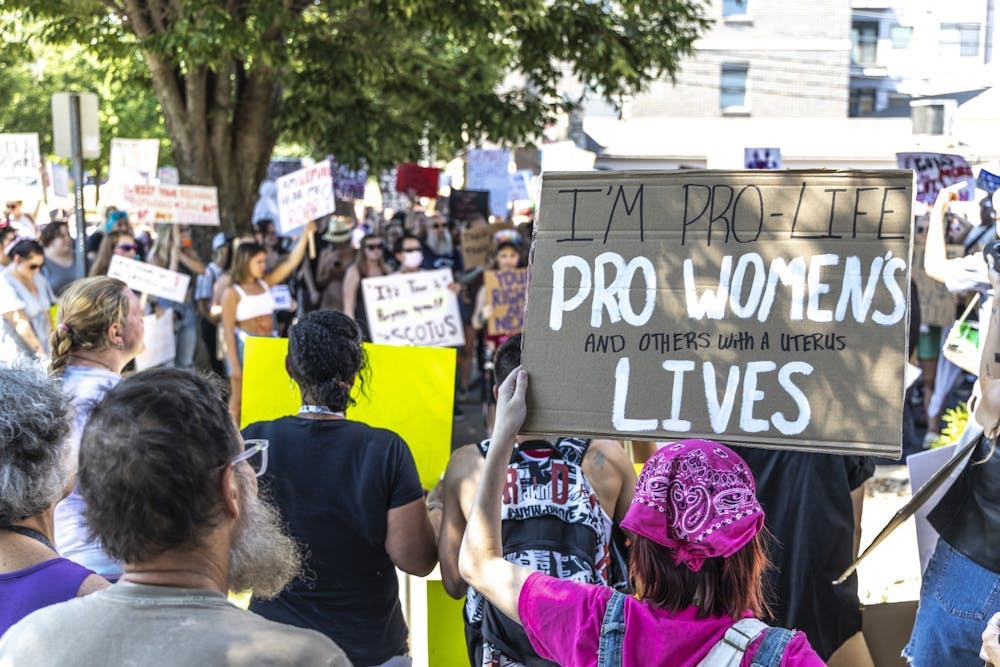The Indiana Supreme Court authorized a near-total abortion ban in a decision Friday. In a 4-1 decision, the court ruled that Senate Bill 1 does not violate Indiana’s Constitution. Planned Parenthood and Whole Women’s Health sued the state in August 2022, arguing that the ban results in unlawful discrimination.
Senate Bill 1 terminates the licensure of abortion clinics and allows a person to receive an abortion only if the pregnancy is a threat or risk to the person’s life. The legislation also permits an abortion if there is a lethal fetal anomaly up to 20 weeks post-fertilization and in cases of rape or incest. In a case of rape or incest, the abortion can only be performed up to 10 weeks post-fertilization. Otherwise, all abortions are prohibited from the moment of conception.
Justice Derek Molter wrote the court’s final opinion.
[Related: Federal court upholds second-trimester abortion ban in Indiana]
“It is undisputed that protecting prenatal life falls within the State’s broad authority under Article 1, Section 1 to protect the public’s health, welfare and safety,” Molter wrote in the opinion.
Following the ruling, Indiana Attorney General Todd Rokita’s office released a statement celebrating the decision.
“The Indiana Supreme Court has just upheld the abortion laws passed by the Indiana General Assembly. We celebrate this day — one long in coming, but morally justified,” the statement said. “Thank you to all the warriors who have fought for this day that upholds life.”
Joe Hogsett, Mayor of Indianapolis, released a statement on Twitter opposing the ruling.
[Related: Indiana Supreme Court to hear arguments in abortion ban challenge]
“This ruling is a bad decision that upholds terrible policy, and Indiana women will be less safe as a result,” Hogsett said. “Full access to reproductive healthcare should be a fundamental right and Hoosier women deserve the autonomy to make these personal decisions with their doctors.”
According to a 2023 quarterly report from the Indiana Department of Health, the number of pregnancy terminations that have been performed between January and March has dropped by 15% compared to the same period in 2022. Between January and March of 2022, 2,286 pregnancies had been terminated, while in 2023, there were only 1,927.
The ban will take effect as soon as July 31.



